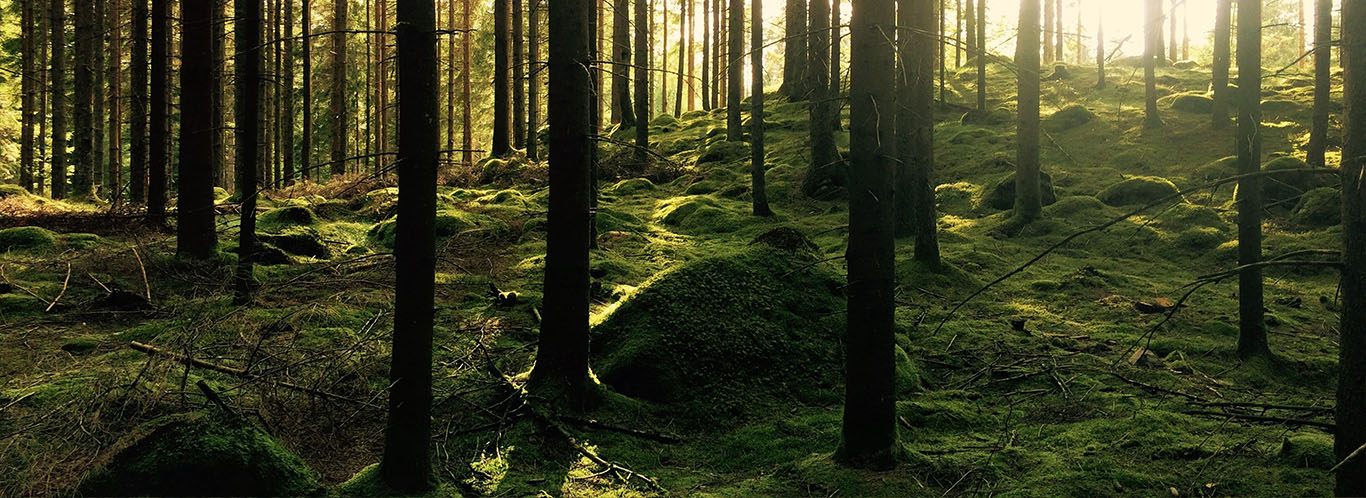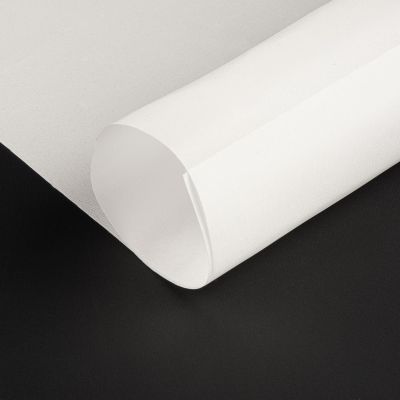Discover the objectives of Miranda Recycling
Manufacturer of fabrics and knits
We are a modern manufacturer of high-quality fabrics and knits – from now on also from recycled materials.
We actively participate in pro-environmental activities, helping to protect the environment, preventing the negative impact of our activities by applying the idea of sustainable development.
How do we care for the environment?
Recycled yarn in textiles
Our idea of protecting the environment is to produce fabrics and knits using recycled yarn. In addition, we carry out other projects, which aims to make our employees and the local community aware of recycling and its positive effects.
We believe that together we can do more!
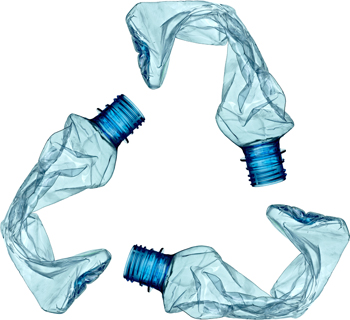
Every day we recover
recycled plastic bottles
Number of bottles recycled into yarn:

RCS (Recycled Claim Standard) certification for fabrics and knits from Miranda Textiles
As a company, we possess an RCS (Recycled Claim Standard) certificate. This is an international voluntary standard that verifies the recycled fibre content of the final product.
The RCS programme includes certification of the entire supply chain. Thus, for a fabric to be sold as certified, certain criteria must be met at each stage of sourcing, processing and marketing the recycled raw material.
This is an extremely important certification for us, as it confirms Miranda Textiles’ real commitment to environment protection, by levelling and converting PET waste into recycled yarn. Every metre of recycled fabrics and knits contributes to reducing the amount of waste on our planet.
Did you know that the production of 1 tonne of
recycled yarn contributes to…
Dust emission reduction by
Water savings of
Water vapour reduction by
SO2 emission reduction by
Fuel consumption reduction by
Steps in the production of fabrics and knits from recycled yarns
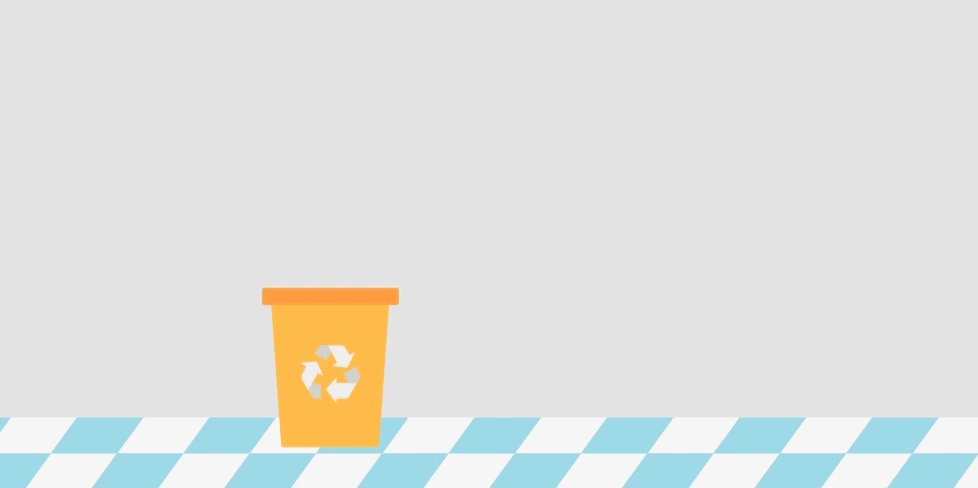
Segregation of PET waste
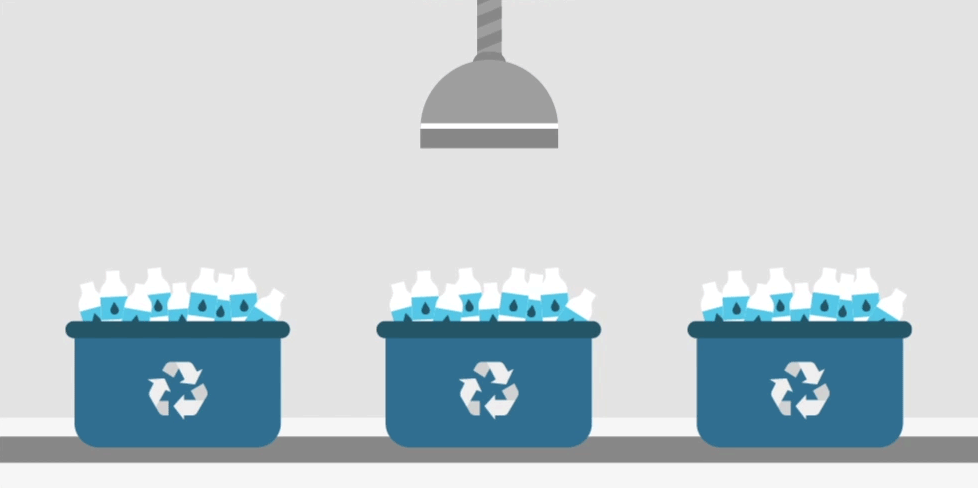
Selection and cleaning of PET bottles

Shredding PET bottles into flakes
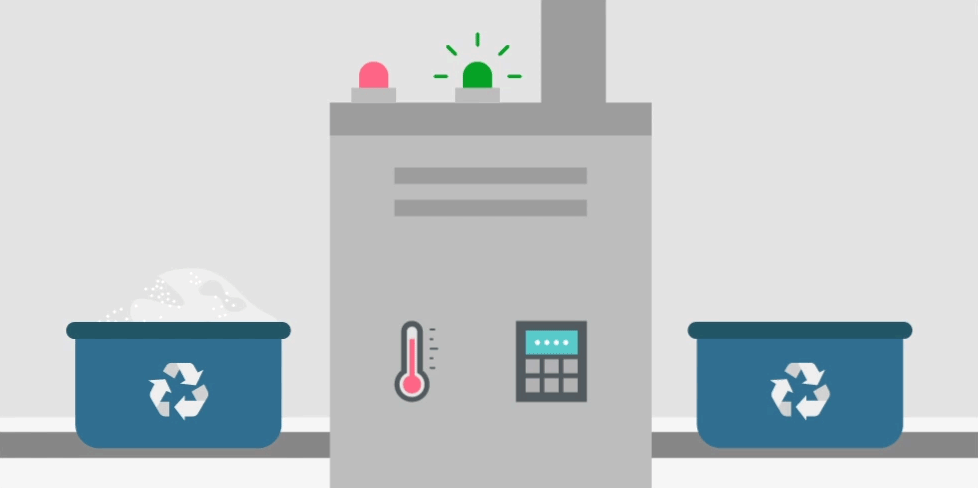
Regranulation process
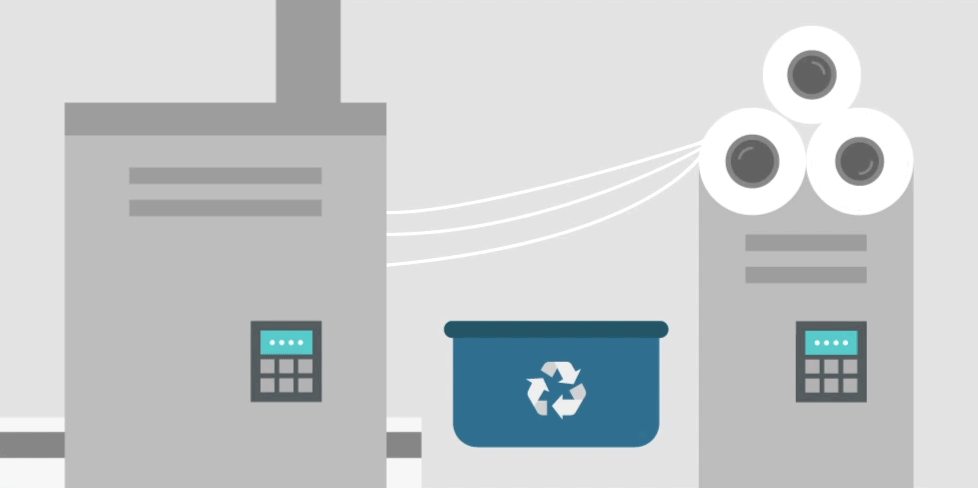
Manufacture of recycling yarn
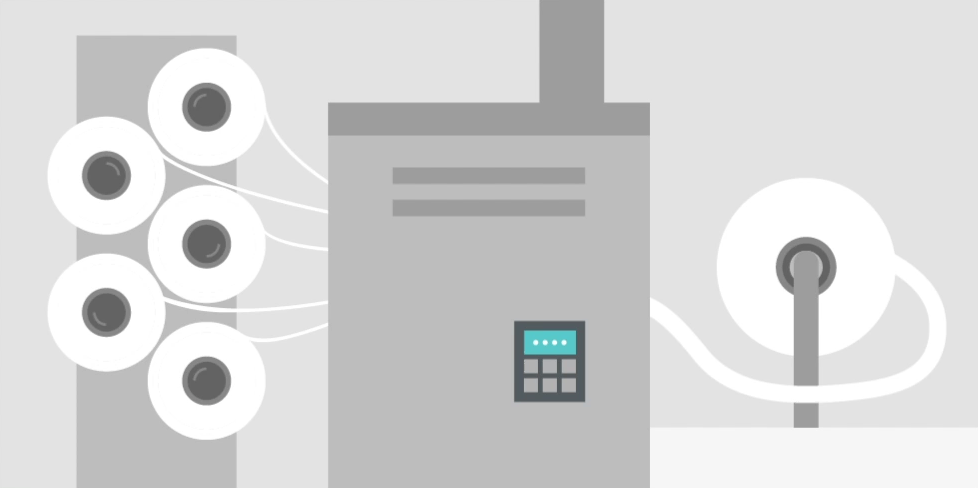
Creation of a recycling fabric
Recycled fabrics from recycled yarns
Manufacturer of recycled fabrics from recycled yarns
The recycled yarn produced is environmentally friendly in many respects. The most important and visible of these is the reuse of already used PET bottles, which leads to a reduction in landfill waste.
Miranda Recycling’s EU Ecolabel fabrics
The EU Ecolabel is a certification that a business has produced an environmentally friendly product and that it is of the highest quality. The label is also visible to consumers, enabling them to make an informed purchase.For ourselves, it is above all the culmination of our efforts in producing recycled fabrics using recycled yarn – as an environmentally friendly product throughout its life cycle. By this we mean the process of sourcing raw materials, processing them, producing the fabric, its distribution, use and biodegradation. All standards and criteria for the EU Ecolabel are set by EU bodies in consultation with representatives from industry, consumers, environmental organisations, trade and public authorities.
Nowadays, the EU Ecolabel is one of the most reputable product labels in a wide variety of industries. All because of the product verification body and the control of products at every stage of their existence. The Ecolabel was established by the European Commission in 1992.
PET bottle recycling – what do we recycle and how?
Plastic waste is one of the greatest man-made environmental hazards. It is estimated that 10% of household waste in Poland is made up of various types of plastics. It is difficult to find an industry that is free of them. We, wanting to have a positive impact on the environment around us and to contribute in some way to reducing pollution, decided to create recycling fabrics using recycled yarn – created from PET (polyethylene terephthalate) bottles.PET plastic bottles are first carefully selected and then cleaned of any impurities. They are then shredded and subjected to a regranulation process to produce pellets. This is the base raw material for the production of recycled yarn, and this is the final step to produce the recycled fabric.
Performance and technical characteristics of recycled fabrics
The performance and technical parameters of recycled fabrics are comparable to those of fabrics produced using standard yarns. The recycled fabrics were subjected to the same tests as the other fabrics: mass per unit area, breaking force, elongation at break and tearing force. Aging, water resistance and watertightness tests were also performed. The results of all tests and studies have proven that recycled fabrics are in no way inferior to fabrics made from traditional yarns. When you purchase our products, you can be sure that you will receive a products that meet all your expectations.If you have any questions about fabrics from recycled yarns, please contact us.
Take care of the environment with us!
